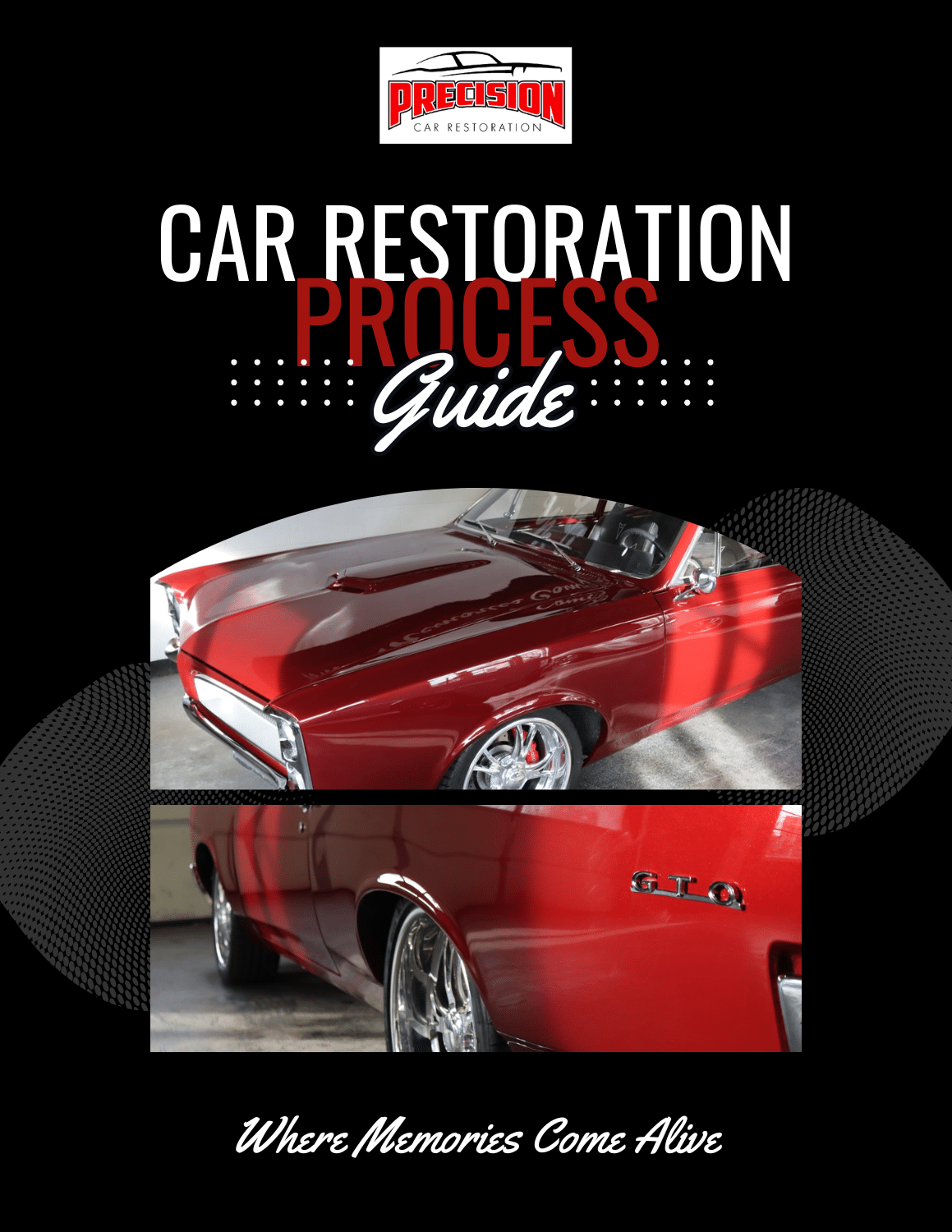This article shared courtesy of Hemmings Daily, the worlds leading Classic Car resource.
It’s not necessary to develop an ulcer over worrying about who’s going to haul your car and whether it’ll arrive at its destination in one piece, provided you’ve done your homework and contracted with a reputable transporter schooled in the fine art of hauling classic cars across the country.
One of the first things you’ll find out about transportation companies: There are a lot of them. Many of them carry your normal, everyday cars for people relocating across the country, while many focus specifically on collector cars. There is also a wide spectrum of transporters, from guys with dually trucks and one-car open flatbed trailers, to the big names in the industry with their enclosed, double-decker trailers.
Determining Your Needs
First decide what kind of transportation you need, and be realistic about it. Enclosed transporters cost more than open transporters, for example. But you don’t need an enclosed trailer for the project car that’s just headed across the state to a resto shop; vice versa, you don’t want an open trailer for the finely restored #1 car you just spent six figures to purchase.
Once you’ve settled on a budget, figure out how long you can wait for your car to go from Point A to Point B. The reality of transporting cars across the country means that the transporter has to move more than one car at a time. That means multiple stops and thus a longer wait. A more expensive transporter might carry fewer cars and cut the travel time, while less expensive transporters tend to take longer.
Prepping for Transport
On your end, you should not let the car on the trailer without a pre-shipping inspection done by yourself or a trusted representative. Nor should you let the driver leave after dropping your car off without a post-shipping inspection. Pictures before and after to back up the inspections are advisable, as well. Without at least the two inspection reports, any claims of damage against the carrier will be difficult, if not impossible, to prove.
If the car is running, charge the battery and leave about a quarter tank of gas. Let the driver know if the car leaks any fluids and if it requires any unusual operating instructions.
Also, try to minimize the amount of stuff riding along with the car. If anything must ride with the car, secure it in the trunk and include an itemized list with the pre- and post-shipping inspections.
Finally, you should feel secure shipping with your chosen company. Any uneasy feelings usually mean there’s something you’ve overlooked for the sake of thrift or expediency. You’ll likely only use the company’s services once or just a handful of times, and saving a hundred dollars or a couple of days of transit time isn’t worth the sleep you’ll lose worrying about the car.
Questions to Ask
How much does it cost?
“It depends,” is the short answer. Fuel prices, distance and door-to-door services can all add to the price.
Does the company specialize in collector cars?
If they do, they know not to handle your collector car like cattle headed off to market.
Does the company have a U.S. Department of Transportation number?
Federal regulations require a USDOT number for interstate commerce, and 25 of the 50 states require all commercial vehicles to obtain a USDOT number.
Does the company have comprehensive insurance that covers its cargo as well as its truck and trailer?
Have the company mail or fax you a copy of its insurance policy. $100,000 liability on transported vehicles is common.
What is the company’s policy on deposits?
Is it non-refundable and when does the company require the deposit?
What is the company’s payment policy?
Strictly cash, do they accept money orders, do they accept checks or do they take credit cards? Do not ship with a company that demands payment in full before the car is dropped off.
Where does the company drop off and pick up cars?
Most trucks and trailers can’t fit down or turn around on narrow residential streets, so they’ll need a big parking lot for loading and unloading.
More Sharing ServicesShare | Share on facebook Share on email Share on favorites Share on print
Written by Daniel Strohl
Aug 15th, 2012 at 8am
Posted in featured posts,Hemmings Getting Started Guide
Tagged with how to choose a car transporter, transport, transporting collector cars
Precision Restorations works with their clients to find the best, affordable transportation and has worked with several companies that have proven track records of providing quality transportation alternatives to get your vehicle from there to here.
To obtain an estimate, visit transportreviews.com and go to the home page where the calculator is located on the right. Simply type in your state (in the origin section) and then “Missouri” (in the destination state) to get approximate transportation costs.
If you would like our assistance, please call our Client Services Manager John at (314) 652-196

